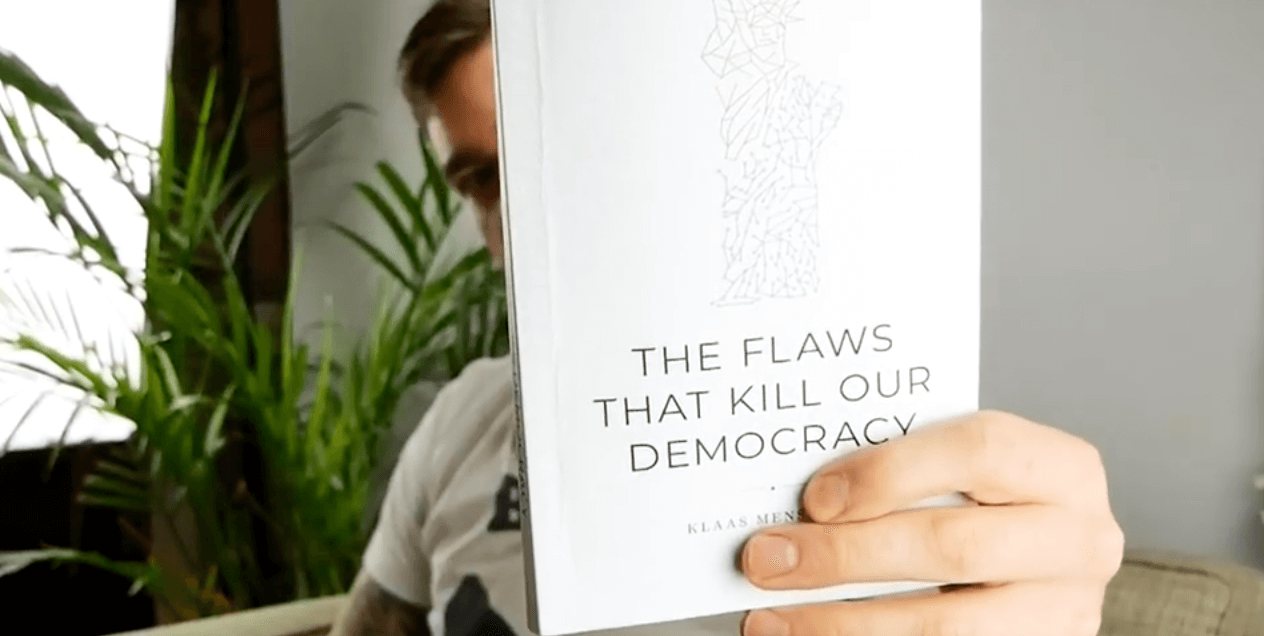
Reply to Zjef's Review
First and foremost, read Zjef his review. I think he has a good understanding of what the central theme of the book is about. However, I do have some comments on some of his statements/opinions.
On polarization
The problem of polarisation is not only that we become less agreeable with others in our society – although that is definitely a consequence. The main problem is that opinions get highly correlated with other opinions/identities/groups. This means that if you have e.g. a liberal opinion on one issue, you will also have a liberal opinion on all other issues, you will more likely to have liberal friends, liberal hobbies, read liberal magazines, etc. In other words, we see increased political segregation. And because we are more segregated, we will be less aware of the other groups problems and thoughts, and we will drift away from them in our opinions. In some regard, this is very similar to the pillarization Belgium has seen in the late 19th and early 20th century.
On party representatives
Zjef states that these [inclusive] parties have a specific ideology – and later he also writes “Ideological and utopian thinking becomes less dominant”. I think inclusive parties can have an ideology, but they definitely are not required to have one. Such a party only needs a common goal that unifies its members. And because these parties are more specialised they will become less dependent on theoretical models (e.g. ideology) and become more empirical (i.e. “It doesn’t matter whether a cat is black or white, as long as it catches mice.” – Deng Xiaoping).
On "an upgraded book"
I know this book is not the end of my writing. I choose to publish my book now because a) I’m a slow writer and I wanted to get my ideas out now and b) I’m not yet certain enough on how we will get to a democracy with my proposed system. However, I have some current ideas. I think there should be an organisation (inclusive party) that:
-
- Tries to persuade civil society organisations to proclaim that they want to become an inclusive party.
- Tries to persuade current exclusive parties to proclaim that they want to become an inclusive party.
- Tries to create a platform in which politicians of different exclusive parties can show their agreement on specific topics (debate/lectures/..).
- Tries to create a platform in which politicians of the same exclusive parties can show their disagreement on specific topics (debate/lectures/..).
- Does not try to partake in the current elections (which forces the organisation into exclusivity)
- Does not try to represent the people as a whole – I think this can only be done by real people representatives (individual candidacy, symmetric voting system over the complete population)